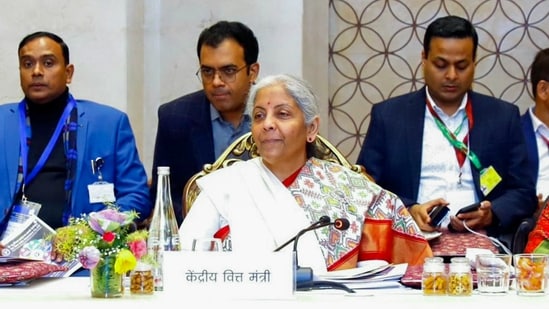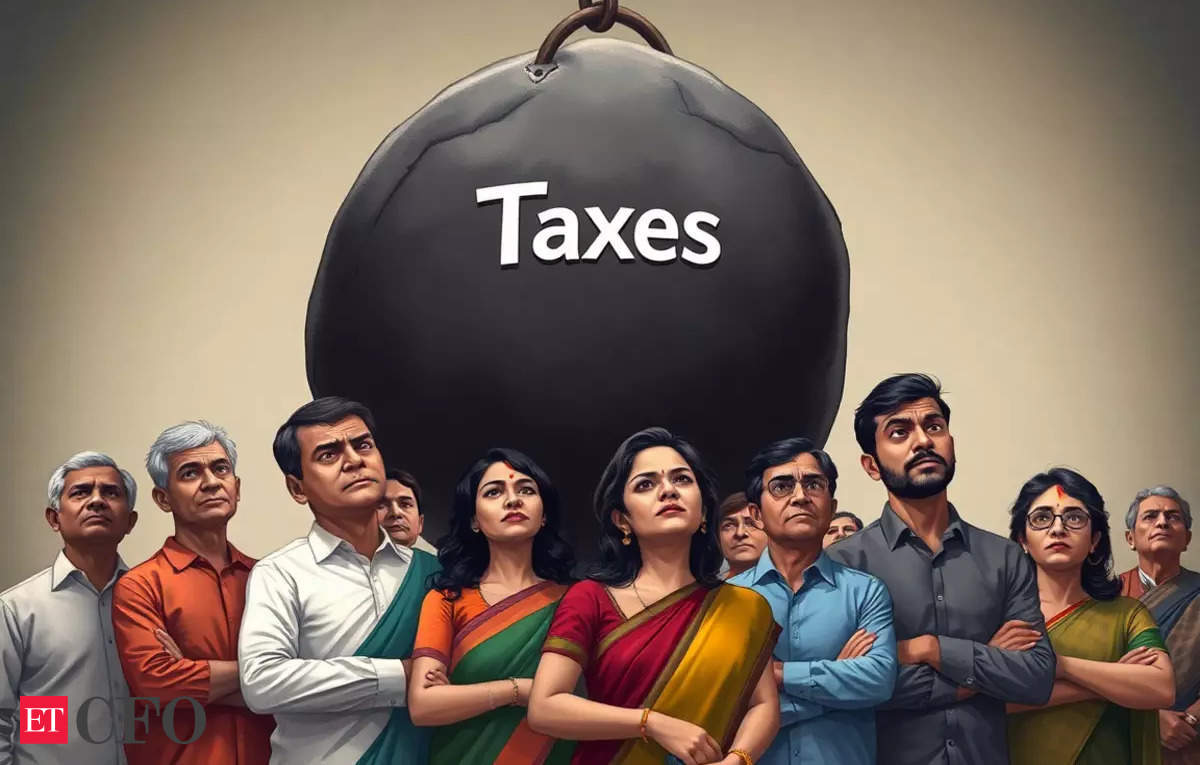Maintaining proper management of health conditions is imperative to prevent complications in later years, as individuals become increasingly susceptible to ailments. Considering the substantial medical expenses prevalent today, a comprehensive health insurance policy can be invaluable in mitigating the high costs associated with hospital stays and medical consultations.
The Insurance Regulatory and Development Authority of India brought in the Insurance Regulatory and Development Authority of India (Insurance Products) Regulations, 2024, on April 1. Under the new norms, insurance companies cannot refuse to sell health cover to senior citizens above the age of 65 years.
IRDAI has asked insurance companies to offer health insurance products to all age groups, including senior citizens, and offer coverage for all types of existing medical conditions. The revised guidelines include a reduction in waiting periods, now capped at a maximum of three years, down from the previous four years.
Currently, insurers offer extensive coverage that includes preventive health check-ups, no-claim bonuses, and discounts on policy renewals. Additionally, the income tax department extends various tax benefits for expenditures related to health insurance for senior citizens or other family members.
Don’t miss to watch below video if you are senior citizen or your family members are senior citizens
Here are the top points on taxation on medical insurance:
Section 80D Of Income Tax Act
As per section 80D, a taxpayer can claim a tax deduction on premiums paid towards medical insurance for self, spouse, parents, and dependent children. Individuals and HUF can claim this deduction. This also covers the medical expenditure incurred by senior citizens.
Seniors can avail of tax benefits of up to Rs 50,000 on medical insurance payments under section 80D of the Income Tax Act, 1961.
Important to not that if senior citizen don’t not have health insurance/mediclaim insurance then they can avail deduction of medical bills upto Rs. 50000
Individuals who cover health insurance premiums for their senior parents are eligible for a tax deduction of up to Rs 50,000. Additionally, they can claim a rebate of Rs 25,000 on their personal health insurance policies. Policyholders can avail of tax benefits on insurance premiums paid for themselves, their spouse, children, and parents. Notably, if senior citizens purchase health insurance coverage for both themselves and their senior parents, the maximum allowable deduction is capped at Rs 1 lakh.
Preventive Health Check-Up
The Income Tax Department provides tax deductions of Rs 5,000 for preventive health check-ups. However, it is adjusted within the Rs 50,000 limit for senior citizens.
Multi-Year Policy Payment:
Senior citizens have the option to prepay their insurance premiums for periods of one, two, or three years, thereby unlocking substantial discounts offered by insurers. This approach allows them to claim proportionate tax deductions annually. For instance, if a senior citizen pays an Rs 80,000 premium for a policy with a two-year duration, they can avail themselves of tax deductions amounting to Rs 40,000 each year under Section 80D.
Section 80DDB
Senior citizens can benefit from up to Rs 1 lakh tax relief under Section 80DDB of the Income Tax Act for specific diseases. Proof like a doctor’s certificate is required for this deduction. Post-pandemic, awareness of health insurance has risen. Coverage, including costly treatments for diseases like cancer and AIDS, is available.
Important points
The tax benefits associated with health insurance are limited to the provisions of the old tax regime.However, it is important for individuals not to view health insurance solely through the lens of potential tax savings. While these incentives can be a significant motivating factor, the primary purpose of health insurance should be to provide financial protection for you and your family in times of medical emergencies.
Points to note before buying a health cover
> Before buying a health cover, senior citizens should inquire about the waiting periods and understand how they will impact the coverage of pre-existing conditions.
> When choosing a policy, it’s important for senior citizens should consider the network coverage, the limit on room rent, sub-limits for diseases, coverage for consumables, and other terms and conditions of the policy that could limit payouts when making a claim
Visit www.cagurujiclasses.com for practical courses











